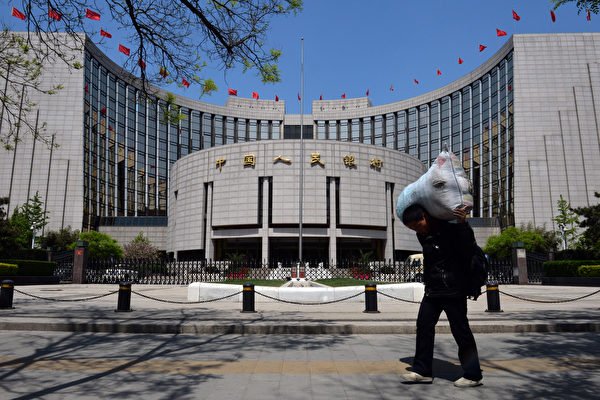In order to address the financial difficulties faced by local governments, the Chinese Communist authorities are currently studying the expansion of local tax resources, targeting units and individuals who pay value-added tax and consumption tax.
According to a report by “Yicai” on the 23rd, in the recently released “Decision of the Central Committee of the Communist Party of China on Further Comprehensive Deepening of Reforms and Advancement of China’s Modernization” (referred to as the “Decision”), it is claimed in the aspect of deepening fiscal and taxation reforms that a major core strategy to solve the financial difficulties of local governments, especially grassroots governments, is to increase local financial resources, expand local tax sources, and appropriately expand the authority of local tax revenue management.
To this end, the “Decision” proposes a new measure, which is to study merging urban maintenance and construction tax, education surcharge, and local education surcharge into a local surcharge tax, authorizing local governments to determine specific applicable tax rates within a certain range.
According to estimates by “Yicai” in 2023, the combined total of the above three pending merged taxes and fees is approximately 949.6 billion yuan.
Lo Zhiheng, Chief Economist of Yuekai Securities, believes that merging the urban maintenance and construction tax, education surcharge (with a minority belonging to the central government), and local education surcharge into one tax, while granting local governments a certain degree of autonomy, aims to stimulate local initiatives and stabilize local financial revenues.
On the mainland social media platform Weibo, there have been comments regarding the upcoming “local surcharge tax”, with netizens saying, “Authorizing local governments to determine specific applicable tax rates within a certain range, many places are facing financial deficits, it is hard to imagine they would exercise restraint.”
Some netizens also criticized, “The dedicated education funds will be turned into general revenue, which will lead to a decrease in teachers’ benefits.” “Let the farmers pay public grain again, since we are the easiest to bully and most obedient in the world.” “Finally forcing companies and ordinary people to ‘lie flat’ directly.” “Is this the reason for the sharp drop in the A-share market today?”
On the overseas social media platform X, some netizens commented, “By giving more autonomous authority to local regions, they will gradually become localized mafia.” “This is just a precursor to the people rising up against the officials. By truly opening up tax collection, will the local people have any way to survive? Extorting the last penny from the people’s pockets, is it living up to the usual style of the authorities?”
In addition to expanding local tax resources, the “Decision” also proposes to “promote the transfer of consumption tax collection points to the back and steadily lower them to the local level.” An article by The Paper stated that “transferring back” the consumption tax means shifting the collection of consumption tax from the place of production to the place of consumption, meaning that the tax will be owned by where it is consumed; while the “lowering to the local level” means that pure 100% central taxes will become shared taxes between the central and local governments.
Political commentator Tang Jingyuan pointed out in the program “Insight Quick Commentary” that this is actually a disguised way to let local governments fleece the people. The so-called increase in local financial autonomy and expansion of local tax sources is the central government giving the green light for local governments to plunder the wealth of the common people, whoever does the fleecing will reap the benefits. The Central Committee of the CCP no longer has the financial capacity to support local finances, so you have to figure out a way to solve it yourselves.

